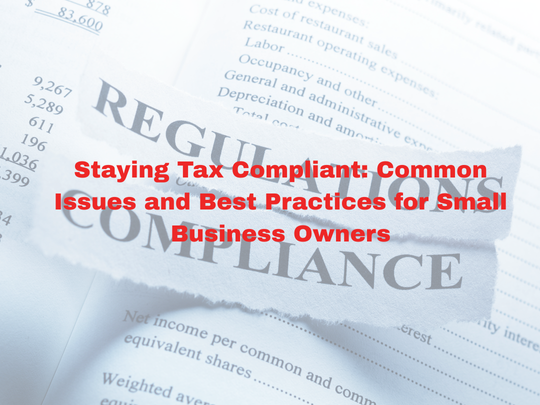US Tax – Here’s what you should know as a Canadian working in the US
Do I pay Canadian tax on US income?
Cross border taxation can be extremely confusing, here’s what you should know as a Canadian working in the US!
Did you know that if you live and work outside of Canada for more than 183 days per year, the CRA considers you a “non-resident” of Canada for tax purposes?
According to the CRA, “non-residents” can only be taxed by Canada on income received from Canadian sources.
An example of this would be if you live and work in the US but have rental income in Canada. In this instance, you are required to pay Canadian income tax on the rental income you earned that year. If all your income came from outside of Canada and had no source of income within Canada, then filing of the Canadian Tax Return becomes optional.
Still a Canadian Resident but Receiving US Pay? Avoid double-taxation with the Federal Foreign Tax Credit.
In the case of Canadian residents living and working in the US for under 183 days out of the year and had US taxes withheld from their pay, you are eligible for the Federal Foreign Tax Credit, which can help you obtain credit for any taxes collected by the IRS in the US.
Are you a self-employed or a full-time worker? Classification is vital here.
Start by being clear. Knowing what your status is with the company employing or contracting you before you begin work will be helpful to avoid future issues. If you commute to work for a company located in the US, or if your company provides you with benefits and work equipment and controls specific aspects of your day-to-day, you are most likely a full-time employee of the company and cannot classify yourself as self-employed.
Navigating Compliance Shouldn’t be Difficult
Canadians earning income from US sources should always look to protect themselves from any potential liability and error. Ultimately, being aware of your options helps you stay on the right side of both the CRA and the IRS and avoid being taxed twice on your income as a sole proprietor or even a small business owner.
Residents of Canada must pay taxes to the CRA, and if you are residing in the United States, you will pay taxes to the IRS. Remember that there are nuances, such as the relationship to your employer and more.
If you need more information or help navigate this space, connect with us today – we can help make this process as seamless as possible, saving you time and money.





